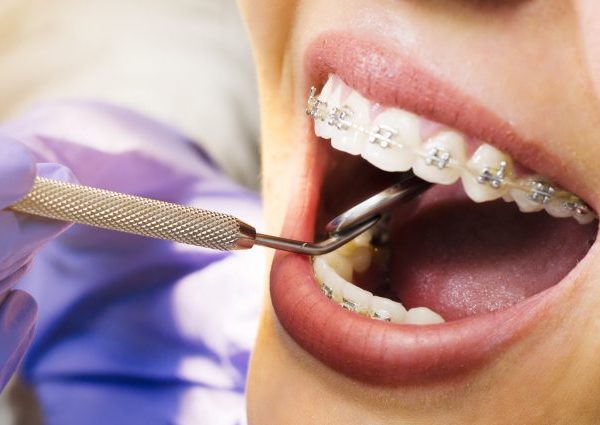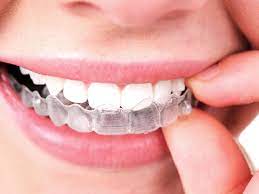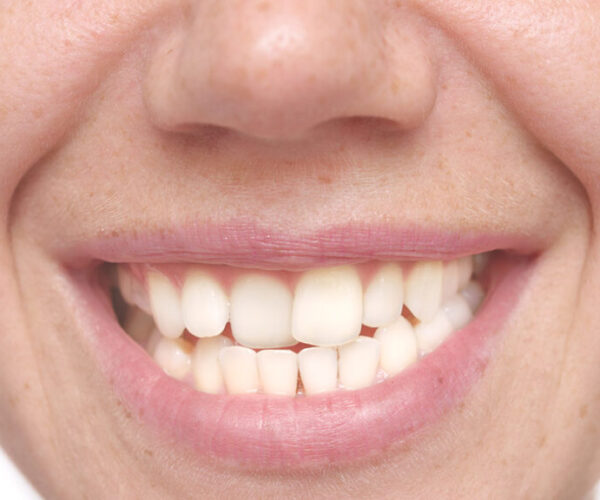Good dental care is essential during pregnancy. Not only can it help keep your teeth and gums healthy, but has a positive impact on the baby’s health.
Professional teeth cleanings in Dubai are vital during this time, as well as good oral hygiene practices such as brushing twice a day, flossing once a day, and using a mouth rinse.
Dental X-rays are safe during pregnancy with extreme caution to safeguard both mother and baby.
If you suffer from morning sickness or frequent vomiting, rinsing your mouth with water or a rinse can help protect your teeth from the acid in vomit.
Overall, a healthy lifestyle with a diet rich in dairy products is crucial for essential minerals responsible for the fetus’s developing teeth, gums, and bones.
Are Dental Visits Safe During Pregnancy?
Dental visits are safe and vital for both mother and baby. The best dental treatments in Dubai and regular checkups can help prevent more serious issues like infections or conditions such as gingivitis that may arise due to pregnancy.
Pregnant women are more prone to cavities due to increased carbohydrate intake and morning sickness.
When visiting the dentist while pregnant, it is essential to let them know if you are pregnant or think you might be.
Local anesthetics are safe for both mother and baby during dental procedures, so there is no need to worry about any risks linked with treatment. Pregnancy tumors may appear on the gums related to excess plaque, but they disappear after birth.
The Importance of Pregnancy Dental Care
Pregnancy dental care is incredibly important for expecting mothers.
Pregnancy hormonal fluctuations can cause gum inflammation, known as pregnancy gingivitis.
Changes in lifestyle and eating habits during pregnancy can increase the risk of tooth decay.
Morning sickness can expose teeth to stomach acid that contributes to further tooth decay.
Gum disease and cavities can continue to progress and worsen if left untreated during pregnancy. Dental problems may not cause pain until they have reached an emergency state. So, it is paramount for pregnant women to visit the dentist throughout their pregnancy.
Regular visits will help you catch any potential issues early on and treat them before becoming serious problems.
Pregnancy dental care is essential for maintaining good oral health during this joyful time of your life.
Does Your Oral Health Affect Your Baby?
During pregnancy, it is vital for you as a mom to take care of your teeth and gums to protect your baby from potential infections.
Tooth decay and gum disease can lead to infections that can spread to your fetus’s body, so preventive dental care is paramount.
Bacteria from the mother’s mouth can also be passed to the baby, so expecting moms must practice good oral hygiene.
Increased Dental Problem Risk
- Pregnancy can increase the risk of dental problems due to hormonal changes and morning sickness.
- Gum swelling is common during pregnancy and can lead to gum disease or infection.
- Vomiting related to morning sickness can erode tooth enamel, leaving teeth vulnerable to decay and cavities.
- Poor dental hygiene due to morning sickness can put oral health at risk. If left untreated, tooth decay and gum disease can lead to infections that can spread to the mother’s and baby’s bodies.
- Bacteria in the mother’s mouth can pass to the baby during delivery or breastfeeding.
Is Dental Work Safe for You?
It is generally safe to have major dental work done while pregnant if you alert your dentist to choose an antibiotic that is safe for the fetus.
Preventive dental cleanings during pregnancy are safe and recommended for good oral health.
Hormone levels during pregnancy can cause the gums to swell, bleed, and trap food increasing the risk of developing gum disease. Thus, preventive dental work is essential during pregnancy to avoid oral infections such as gum disease linked to preterm birth.
Good oral hygiene habits like brushing with a soft-bristled toothbrush and flossing are of the same importance as any other time. Avoiding sugary foods and drinks that increase the risk of cavities is a good habit too.




